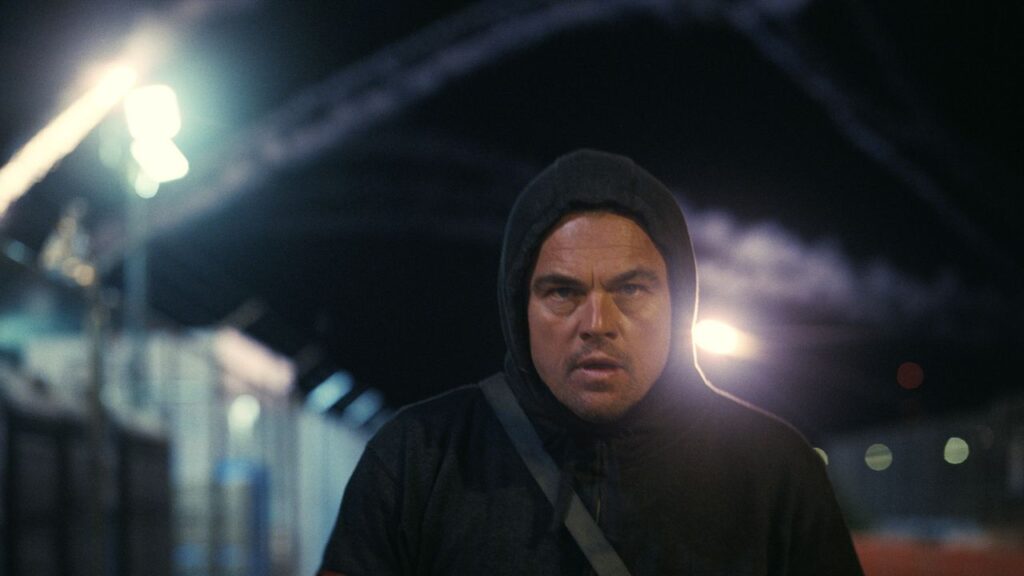“We heard he was doing something about Lewis and Clark? Mason and Dixon? A Japanese science-fiction novel? And one spring in London a magazine announced the publication of a 900-page Pynchon megabook about the American Civil War, published in true Pynchonian style by a small press nobody ever heard of, and I was halfway to the door before I remembered what date it was, April 1, ho ho ho.”
Such rumors have been a critical part of Pynchon’s persona. He does not allow new photos to be taken and lives like a true recluse. When I told a friend of mine I was writing about his new novel Shadow Ticket, she expressed her own theory: perhaps he is dead and these are merely posthumous, from-the-vault releases. Certainly in recent years publishers have taken such similar advantage of Joan Didion, Harper Lee, and Roberto Bolaño.
Pynchon’s work is often held up in conversation alongside the other juggernaut male writers of his time: the comic acrobatics of Kurt Vonnegut, the satirical haze of Don DeLillo, the nihilistic violence of Cormac McCarthy, the cuckold erotics of Philip Roth, the precious mauve nesting dolls of Vladimir Nabokov. Many of these writers, as Dan Sinykin notes in Big Fiction, were increasingly steered by market forces into writing genre fiction—Westerns, detective mysteries, or sci-fi. Getting at Pynchon’s style, however, is more problematic. He moves erratically from pastiche to passion, from sex to politics, from men to women. “Well what happens when paranoid meets paranoid? A crossing of solipsisms,” he writes in Gravity’s Rainbow. “Beware,” he warns us, “of girls with black underwear,” before turning to S&M antics and glass dildos. In Vineland, he occasionally lays out his characters’ politics with brusque clarity: “When power corrupts, it keeps a log of its progress, written into that most sensitive memory device, the human face.”
The basic plot of Vineland follows Frenesi as she searches through a world of assassins and hippies for her mother. It’s a Nixonian farce, a world of bureaucracy versus potheads while Gilligan’s Island plays in the background. “The Tube” is a common enemy. TV is coming for us. Not unlike the vile seduction of AI, something Pynchon presciently wrote about in his essay “Is It Ok To Be a Luddite?” The essay even outlines the author’s archetypical hero: “There is a long folk history of this figure, the Badass. He is usually male, and while sometimes earning the quizzical tolerance of women, is almost universally admired by men for two basic virtues: he is Bad, and he is Big. Bad meaning not morally evil, necessarily, more like able to work mischief on a large scale. What is important here is the amplifying of scale, the multiplication of effect.”
Paul Thomas Anderson’s One Battle After Another is a vicious and smart modern adaptation of Vineland that still maintains the author’s original satirical bent. I was the only woman in a sea of graying men in Hawaiian shirts and slate-gray blazers at the 1:30pm screening in Williamsburg. One man even pulled out a comic book during the previews. If they were expecting superhero action scenes of Leonardo DiCaprio being a badass, they were only occasionally rewarded. DiCaprio’s Bob Ferguson is a stalled pothead and doting father who’s flunked out of the revolutionary game. It’s Black women who take the reins of liberation—even if they do not ultimately win the war. Teyana Taylor is excellent as Perfidia Beverly Hills, a radical militant who while pregnant with her daughter shoots a machine gun in the wild and enjoys setting off bombs in banks. Their daughter, Willa (Chase Infiniti) is the film’s version of Frenesi. As in Vineland, the film primarily follows the father and daughter after their revolutionary mother sells them out and they are forced to go into hiding.


